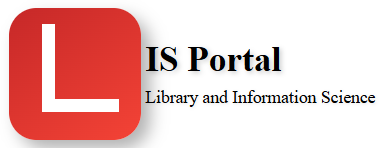Scientific management is a management approach developed by Frederick Winslow Taylor in the early 20th century. The principles of scientific management aim to increase productivity and efficiency in the workplace by improving the way tasks are performed. The main functions and principles of scientific management are:
-
Job Analysis: Scientific management requires the detailed analysis of each task, breaking it down into its constituent parts and developing standardized procedures for each part.
-
Time and Motion Studies: Scientific management involves the use of time and motion studies to analyze each task and identify the most efficient way of performing it.
-
Standardization: The principle of standardization involves developing standard procedures and tools for performing tasks, with a focus on reducing the variability in how tasks are performed.
-
Training and Development: Scientific management requires that employees be trained in the most efficient ways of performing tasks and that they be provided with the tools and equipment necessary to perform their tasks effectively.
-
Incentive and Reward Systems: Scientific management emphasizes the importance of providing incentives and rewards for employees who meet or exceed performance standards.
-
Division of Labor: Scientific management involves the division of labor into specialized roles and responsibilities, with a focus on optimizing the efficiency of each role.
-
Management Control: Scientific management requires that management closely monitor and control the work process to ensure that standards are met and that the most efficient methods are being used.
The goal of scientific management is to increase productivity and efficiency in the workplace, while at the same time improving the quality of work and the well-being of employees. The principles of scientific management have been widely adopted in many industries, and have been instrumental in increasing productivity and efficiency in the workplace. However, some critics argue that the approach can lead to a focus on efficiency at the expense of worker well-being, creativity, and innovation.
